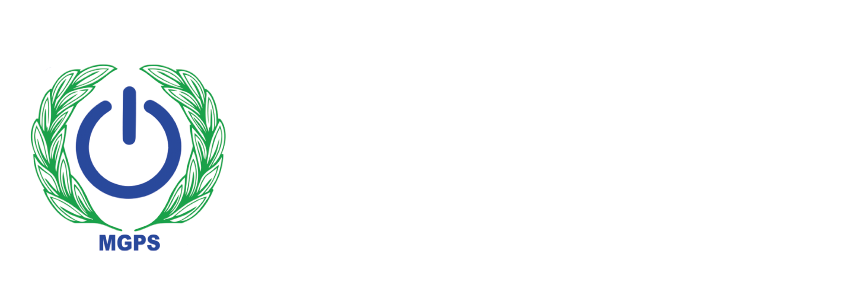Science
Our Science curriculum has been designed with student-centered learning at its heart. We apply multiple strategies such as Theme based, Activity based and Project based learning in Science, in which our students conduct investigations with guidance and support from their teachers. Much of the students’ work is conducted in pairs or in small groups emphasising on “Learning by doing”.
Across the primary grades until Grade 6, we are following “Collins International Primary Science” which is specifically designed to fully meet the requirements of Cambridge Primary Science curriculum framework. For Grade 7 and Grade 8, we use “Cambridge Checkpoint” Course books and Workbooks published by Cambridge University Press which is proposed and approved by the Ministry of Education, Oman.
We are committed to the provision of quality curriculum delivery that is innovative and creative in line with the vision of MGPS. We use various teaching techniques like hands on learning, visual clues, flash cards, experimentation, demonstration and discussion etc., to make students’ learning experience enjoyable and to cater to the needs of different individuals.
MGPS has a well-equipped Science laboratory with all the latest technologies and a trained lab assistant to provide a platform of practical approach which has greatly contributed to the exemplary performance of our students. Research shows that such involvements significantly improve both knowledge and understanding of students.
Science
At the Primary level, students are taught to think scientifically and develop practical skills alongside knowledge and understanding, which is vital for explaining the world around us. Improving learners’ awareness of science in the world around them creates their sense that ‘science is for me’, helping connect them to the subject.
This approach provides them with the knowledge and skills they require to excel at science in later stages of education and make informed choices, including considering sustainability issues and meeting environmental challenges.
At Lower Secondary levels (age 11 to 14 years), the science curriculum covers six main areas called ‘strands’ that work together so that we can teach science holistically:
- Biology – living things and how they interact.
- Chemistry – the study of matter.
- Physics – the interaction of matter and energy.
- Earth and Space – planet Earth, the wider Solar System and beyond.
- Thinking and Working Scientifically – develop understanding and skills of scientific models and representations, scientific enquiry and practical work.
- Science in Context – helps teachers demonstrate the relevance of science to learners and is unique to our science curriculum.
Upper Secondary is typically for learners aged 14 to 16 years and 16 to 18 years). It offers learners two routes: Cambridge IGCSE and Cambridge O Level. Science at this level is divided into Physics, Chemistry and Biology.
Learners develop knowledge, understanding and skills in:
- Subject content
- Applying knowledge and understanding to new as well as familiar situations
- Intellectual enquiry
- Flexibility and responsiveness to change
- Working and communicating
- Influencing outcomes
- Cultural awareness
Learners will finally be able to understand the technological world in which they live, take an informed interest in science and scientific developments, and develop the scientific skills essential for progression to further education or a career related to science.

